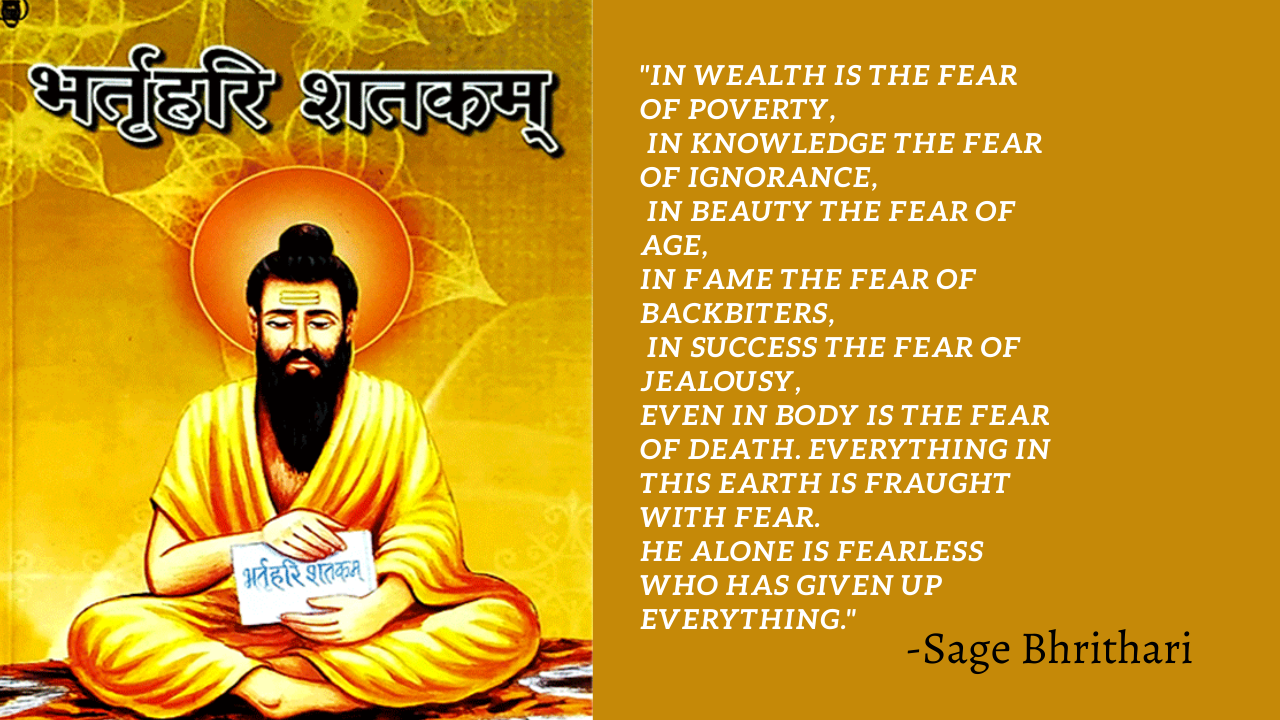Are Humans in a Self-Destruction Mode? Our Struggle for Satisfaction
The article doubted if it really was Mother Nature which needed "protection" or "safety" or "care" from humans but instead, we humans, who actually need to stop digging our own grave. The article went further saying that human help to nature is as futile and meaningless as adding water droplets to an ocean. The article throughout maintained a single message for humans to transform their dirty habits for their own good. It reflected the idea that Mother Nature, being the mother of unimaginably huge number of diversed creatures, from millions of years old single celled bacteriae to one of the youngest of its child - Humans, just doesn't need anything for support, but rather has time to time suggested and sometimes even smacked its naughty little baby called "humans" to repair and fix its naughty, foolish mindset!
Life is progress. Life is expansion. Life is growth, no doubt, but in the quest of growth, we, the so-called "civilised creatures" cannot help but mistaking growth into greed, sorry with our animal nature still dominant in us.
Swami Sarvapriyananda, a monk of Ramkrishna Order, puts human struggle for sustained lifestyle in a very eloquent way -
"In the 21st century, having tried so many things in the past, 'how can we attain satisfaction and peace', 'how can we overcome suffering and have sustainable life on this planet', the 20th century is the hundred years of our experimentation, with sometimes horrifying results. We have experimented with communism, with free-market liberalism, we have experimented with fascism and nazism, we have experimented with genetic engineering, with hyper-consumerism, we have experimented with medicines of various kinds, the IT industry, the culture of consumerism and entertainment provided by our modern capitalist society.. In all these, trying to overcome human suffering and get some kind of permanent satisfaction and happiness; a hundred years later, today we experience one of the hottest years ever recorded in human history!
So after hundred years, we not only realise that we did not succeed but actually are ruining our habitat. We are destroying any chance of future success too, by our attempts to get permanent happiness out of consumption, out of the external world.
After having all this, the best possible life of technology and money and civil society can give us, still we are not satisfied."
So we see here that behind all our mania of beastly greeds is this root problem of incompleteness and dissatisfaction, which from time immemorial, humans are desperately trying to end, but couldn't help their never ending desires as a society.
Swami Sarvapriyananda, in his talk, recites one majestic verse from the Upanishads which Swami Vivekananda was very fond of, and would often recite in his lectures in the West.
Swami Vivekananda would recite,
"शृण्वन्तु विश्वे अमृतस्य पुत्राः।"
"Listen, ye children of immortal bliss,"
"वेदाहमेतं पुरुषं महान्तम्।"
"I've known that infinite existence"
"आदित्यवर्ण तमसः परस्तात्॥"
"Blazing forth like the sun, beyond all darkness"
"तमेव विदित्वातिमृत्युमेति।"
"Knowing that alone we go beyond death"
"नान्यः पंथा विद्यतेऽयनाय॥"
"There is no other way than this"
Swamiji was ofcourse talking about spiritual knowledge here, the knowledge which leads to complete desirelessness and peace. As this verse states at the end as 'there is no other way', we can relate it to our present conditon, seeing that evidently we are no less or more peaceful or uplifted individuals than before, and the pursuit behind endless material prosperity, elbowing others, just may give our body one or two comforts more, but nothing else. At the end it only makes us weak, dependent and in turn destroys the balances of nature, this crazy disease of desires!
Here we have to see that this simple truth, this simple education of the fact that floating in the waves of the desires we end up nowhere and but makes us sicker!
Therefore, my friends, we need sustainability, controlled progress and a bit more wiser way of life.
Thanks,
Daksh Parekh.






Comments
Post a Comment